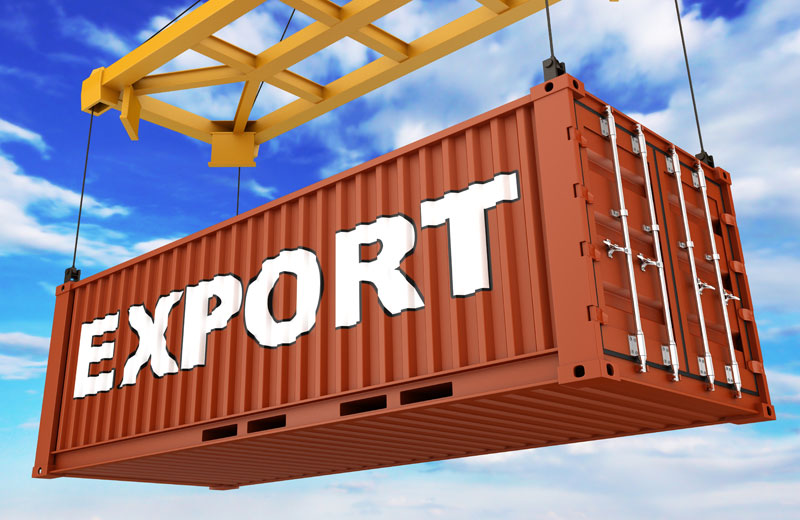Asserting that the present COVID-19 crisis is a ‘critical inflexion point’ for regional cooperation in BIMSTEC, Minister of State for External Affairs V Muraleedharan said that with an increasing demand for alternate production locations in several supply chains, BIMSTEC countries are ideally placed to attract shifting industries.
Speaking at a Research and Information System for Developing Countries (RIS) Webinar on ‘Revisiting Economic Cooperation in BIMSTEC in post-COVID-19 Era’, Muraleedharan said if the Bay of Bengal Initiative for Multi-Sectoral Technical and Economic Cooperation (BIMSTEC) countries are able to capitalise on this demand, they will be able to provide themselves much needed jobs in the manufacturing sector.
‘Trade routes and supply chains are being redrawn, as are business plans. As multinational enterprises diversify their manufacturing base to increase resilience and reliable supply chains, BIMSTEC countries have a window of opportunity,’ he said. There is an increasing demand for alternate production locations in several supply chains and India and other BIMSTEC countries are ideally placed to attract shifting industries and gain a foothold into these value chains, Muraleedhran said.
India has moved up the ranks on the Ease of Business Index and has been receiving a steady flow of foreign investment, he noted.
‘In the aftermath of COVID-19, we are focusing on integrating ourselves to a greater extent into global value chains,’ Muraleedharan said.
‘In order to present our region as an attractive destination for shifting value chains, we will have to ensure an adequate policy and operational environment for global businesses,’ he said.
There is, if the BIMSTEC nations are able to coordinate amongst themselves, a potential for BIMSTEC supply chains with each of the countries finding their individual niches at different stages of the production process, he said.
‘We should revitalise the activities of BIMSTEC Business Forum and BIMSTEC Economic Forum to further strengthen the government–private sector cooperation for the promotion of trade and investment, and task the Expert Group on BIMSTEC Visa Matters to continue negotiation for finalisation of the modalities for the BIMSTEC visa facilitation,’ he said.
Noting that India has a vibrant start-up culture, with several young companies achieving unicorn status in valuation, Muraleedharan said his country is happy to share its experience with friends from BIMSTEC, for them to collectively ascend up the value chain.
‘We also need to establish the legal framework that will enable use of that infrastructure. Early conclusion of the BIMSTEC Coastal Shipping Agreement and the BIMSTEC Motor Vehicle Agreement would provide for seamless transport of goods across our borders,’ he said.
‘Connectivity today does not mean only roads and railway lines, but also digital connectivity. We have to move towards further integrating our digital networks to provide greater access, more affordable and high-speed internet and mobile communications to our peoples,’ Muraleedharan said.
While the present circumstances may make it seem otherwise, tourism has rich potential in the region, he said.
India hosted the first meeting of the BIMSTEC Tourism Network on July 7, 2017, where it was decided to work on creating a brand BIMSTEC for tourism, he said.
‘The present crisis is a critical inflexion point for regional cooperation in BIMSTEC. Our countries were among those first to be affected by coronavirus. There are lessons and best practices that have emerged in the process that all of us can learn from,’ he said.
BIMSTEC provides an excellent platform to share individual experiences and successes, Muraleedharan said.
‘The disruptive effect of the virus is still playing out. We are by no means over it. The implications will, we all agree, are going to be profound. It would not be an underestimation to say that very little will be the same again,’ he said.
India’s role as a ‘pharmacy of the world’ has come into focus during this crisis, he said.
‘We have a world-class pharmaceutical industry that is the producer of choice for critical medications with brand recognition in all geographies and markets. The pandemic produced an explosion in demand for drugs such as hydroxychloroquine (HCQ) and paracetamol produced in India,’ Muraleedharan said.
In a coordinated response involving several branches of the government and multiple private sector pharma companies, India was able to supply large volumes of these drugs to friends and consumers across the world, he said.
Source: PTI








